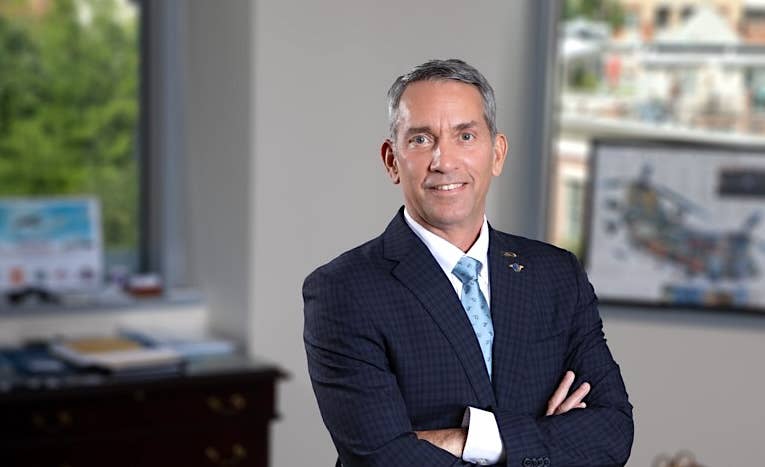‘Freedom Of Information’ Request On Jeffco Noise Testing Denied By Town
Brad Walker is frustrated, but resolute. A long-time GA pilot based at Jefferson County, Colorado’s Rocky Mountain Metropolitan Airport (aka “Jeffco”), he has filed multiple requests under the Colorado Open…

Rocky Mountain Metropolitan Airport, Jefferson County, Colorado.
Brad Walker is frustrated, but resolute. A long-time GA pilot based at Jefferson County, Colorado’s Rocky Mountain Metropolitan Airport (aka “Jeffco”), he has filed multiple requests under the Colorado Open Records Act (similar to the Freedom of Information Act) to obtain information related to legal action by area residents against the airport. Walker’s findings include eye-opening results of lead-pollution tests commissioned by the town of Superior, Colorado, and previously reported by AVweb.
But his requests for information on concurrent noise studies commissioned by the town of Superior, as were the lead studies, were denied in a March 1 letter, because “the records and associated communications are subject to attorney-client privilege.” Walker told AVweb he has heard from inside sources that the results of the noise studies are not favorable for the plaintiffs in neighboring homeowners’ lawsuits filed against the airport sponsor, Jefferson County.
“I don’t understand why they were able to release the lead studies but not the noise studies,” Walker told AVweb. “I can’t see any difference between the two circumstances.” He added that he believed the denial was related to the reporting by AVweb.
Through the CORA process, Walker previously secured copies of communications regarding Superior’s legal representation for noise and lead emissions issues last year. The town received letters of engagement from two law firms in September and December. The second letter, signed by attorney Andrew Barr of the firm Greenberg Traurig, was addressed to Superior Mayor Mark Lacis. The letter indicates the firm had been engaged to represent the town. “Thank you for agreeing to engage Greenberg Traurig, LLP as your attorneys … Our representation of you and this engagement will include advice and litigation related to issues stemming from aircraft operations to and from Rocky Mountain Metropolitan Airport.”
Barr told AVweb he was not aware of the CORA request denial and said he “was not the right person to be asking.”
An email AVweb sent to Mark Lacis, the mayor of Superior, elicited a response from Kendra Carberry, Esq., who identified herself as the Superior Town Attorney: “The Town has no comment concerning its response to any of Mr. Walker’s numerous CORA requests.”






